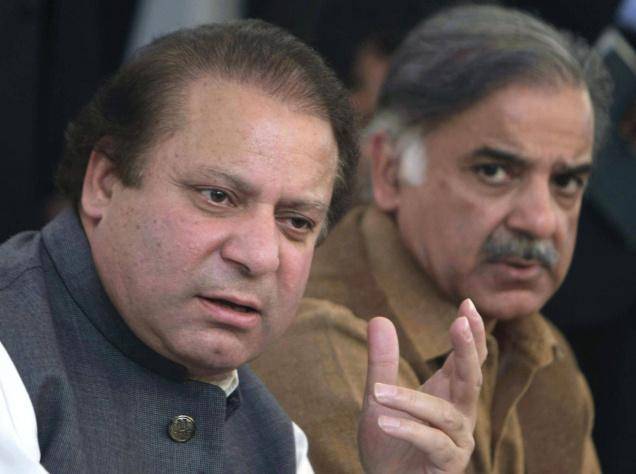Management teaches us that managers are responsible for performing the functions of planning, organizing, staffing, leading, and controlling.
The generally accepted definition of a politician is a person professionally involved in politics, as a candidate for an elected position or a holder of an office.
However while managers stay in their chosen fields of endeavor, politicians feel they have a broader canvas, their main function being to win elections (or re-election), acquiring and maintaining power, while acquiring “accompanying benefits” for themselves.
During the run-up to the elections, politicians act as mangers of their campaign, and undertake all the managerial functions mentioned at the head of this article. Things like planning to create a promise, vision, and delivering it convincingly to the masses, then organizing the activity to manage the delivery of their message to the voters. For, as all politicians know, communication of the commitment is what gets them the votes.
A pre-requisite of all of this is achieving the right mix of people (staff) to run the campaign, create alliances, and make strategic compromises to gain an edge over rivals.
And how can these tasks be achieved without a sense of direction or visibly leading the campaign? This like showing up in time (unheard of); answering questions credibly with confidence (while being ambiguous); exuding self-assurance not only for the external stakeholder but also for their staff.
And of course what is power without control? The ability to understand and apply the proverbial 5W’s and an H to the activities needed for successful culmination of a campaign – winning votes.
So what do politicians do after they get elected?
Should the function not change from gaining power to working for a collective goal?
Does political action towards collective goals occasionally conflict with the political office, electorate and personal demands?
A politician elected to office ends up having to “manage” the requirement of the office – which means that “good politicians” need to be good managers.
In many countries, and not only in the so-called advance countries, schools offer programs in political management; politicians routinely hire managers, researchers and other staff to ensure the delivery of electoral promises and they often influence public policy and decision making. Many politicians are placed in positions where they ‘run’ the affairs of the country. In our scheme of things politicians often end up in positions for which they do not have the mental caliber or training.
Does this not mean that our politicians should take some pointers from business managers and understand that a manager functioning in his capacity as a leader is not different from them?
Our politicians, and often the government, is shifting from working in the public interest to working for special interests. This leaves the electorate frustrated and disappointed with the political system, leading to the power and greed of a few taking an edge over the needs of the many.
So where lies the fault? Are we not as democratic as we should be? Are we trapped in an unending circle of subterfuge where the benefit of a few overrides the benefit of the many? Are we bogged down in a quagmire of deception to the extent that we have started to accept a lie so often told to be the truth? Or has the system become hostage to what some in the West have called a “deficit of democracy”?
Maybe we need a reassessment of the mode of governance, the areas of prioritization of governance, and an overall political management paradigm shift.






